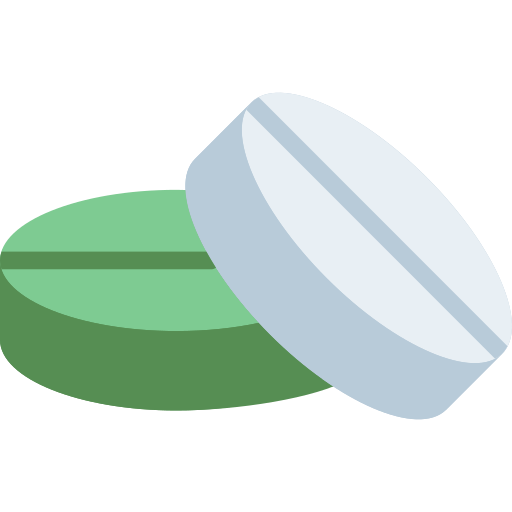
Sorafenib Tosylate
200 mg
Incepta Pharmaceuticals Ltd.
Product Details
Description
Sorafenib is a kinase inhibitor that decreases tumor cell proliferation. Sorafenib was shown to inhibit multiple intracellular (CRAF, BRAF and mutant BRAF) and cell surface kinases (KIT, FLT-3, RET, VEGFR-1, VEGFR-2, VEGFR-3, and PDGFR-β). Several of these kinases are thought to be involved in tumor cell signaling, angiogenesis, and apoptosis. Sorafenib inhibited tumor growth and angiogenesis of human hepatocellular carcinoma and renal cell carcinoma, and several other human tumor xenografts in immunocompromised mice.
Sorafenib is contraindicated in patients with known severe hypersensitivity to Sorafenib or any other component of Sorafenib. Sorafenib in combination with carboplatin and paclitaxel is contraindicated in patients with squamous cell lung cancer.
Serious adverse reactions are cardiac ischemia, infarction, hemorrhage, hypertension, hand-foot skin reaction and rash, gastrointestinal perforation, wound healing complications.
Based on its mechanism of action and findings in animals, Sorafenib may cause fetal harm when administered to a pregnant woman. Women of childbearing potential should be advised to avoid becoming pregnant while on Sorafenib. It is not known whether Sorafenib is excreted in human milk.
Cardiac ischemia, infarction: Temporary or permanent discontinuation of Sorafenib should be considered in patients who develop cardiac ischemia and/or infarction. Risk of Hemorrhage: An increased risk of bleeding may occur following Sorafenib administration. There was one fatal hemorrhage in each treatment group in RCC Study. If any bleeding necessitates medical intervention, permanent discontinuation of Sorafenib should be considered. Risk of Hypertension: In the HCC study, hypertension was reported in approximately 9.4% and In RCC Study, hypertension was reported in approximately 16.9% of Sorafenib -treated patients. In cases of severe or persistent hypertension, despite institution of antihypertensive therapy, temporary or permanent discontinuation of Sorafenib should be considered. Risk of Dermatologic Toxicities: Hand-foot skin reaction and rash represent the most common adverse reactions attributed to Sorafenib. Risk of Gastrointestinal Perforation: In the event of a gastrointestinal perforation, Sorafenib therapy should be discontinued. Warfarin Co-Administration: Patients taking concomitant warfarin should be monitored regularly for changes in prothrombin time, INR or clinical bleeding episodes. Wound Healing Complications: Resume Sorafenib therapy following a major surgical intervention should be based on clinical judgment of adequate wound healing. Use of Sorafenib in combination with Carboplatin and Paclitaxel in Non-small Cell Lung Cancer: Patients with squamous cell carcinoma (prospectively stratified), higher mortality was observed with the addition of Sorafenib compared to those treated with carboplatin and paclitaxel alone. Interactions with UGT1A1 Substrates: Sorafenib can cause increases in plasma concentrations of drugs that are substrates of UGT1A1. Interaction with Docetaxel & Doxorubicin: Sorafenib can cause increases in plasma concentrations of Docetaxel and Doxorubicin. Hepatic Impairment: Hepatic impairment may reduce plasma concentrations of Sorafenib. Neomycin: Co-administration of oral Neomycin causes a decrease in Sorafenib exposure.
Pediatric Use: The safety and effectiveness of Sorafenib in pediatric patients have not been studied. Geriatric Use: No differences in safety or efficacy were observed between older and younger patients Renal impairment: No dose adjustment of Sorafenib is required for patients with any degree of renal impairment. Hepatic impairment: Mild (Child-Pugh A) and moderate (Child-Pugh B) hepatic impairment have Sorafenib AUCs that may be 23 - 65% lower than subjects with normal hepatic function. Systemic exposure and safety data were comparable in HCC patients with Child-Pugh A and B hepatic impairment. Sorafenib has not been studied in patients with Child-Pugh C hepatic impairment.
There is no specific treatment for Sorafenib overdose. The highest dose of Sorafenib studied clinically is 800 mg twice daily. The adverse reactions observed at this dose were primarily diarrhea and dermatologic.
Targeted Cancer Therapy
-
Support 24/7
Call us anytime -
100% Safety
Only secure payments